Édition 2022
Each year, Cinéma du réel ponders upon the state of the documentary, its forms, its developments and the approaches of its filmmakers. This is what lends the festival its exploratory side, makes it an ongoing research project. In addition to the screening of this flourishing contemporary internatioanal documentary cinema, Cinéma du réel invites us to experience the world and cinema through a plethora of gazes on the world, a plurality of documentary practices and visions other than our own. Because cinema passes from the filmmaker’s mind to the mind of the spectator, it is an art of connivance, even collusion, between filmmaker and spectator, who experiences another imaginary, a universe other than his or her own. But this experience – which is also that of the other or rather the distance separating him or her from me – is singular inasmuch as it also reminds us that we all inhabit the same world. A world to watch without being blinded by the continuous flow of events. And it is perhaps through films that disturb, upend imaginaries, confront other desires, other aspirations, other dreams, that a discontinuity occurs in the inexorable unfolding of real-world events. This discontinuity, which questions, surprises, resists, delights, is what helps us to avoid being blinded and to look at our contemporaries. This is our invitation to the audiences of Cinéma du réel. Catherine Bizern
-
-
Competition / International Selection
20 short and feature films (French premier)
-
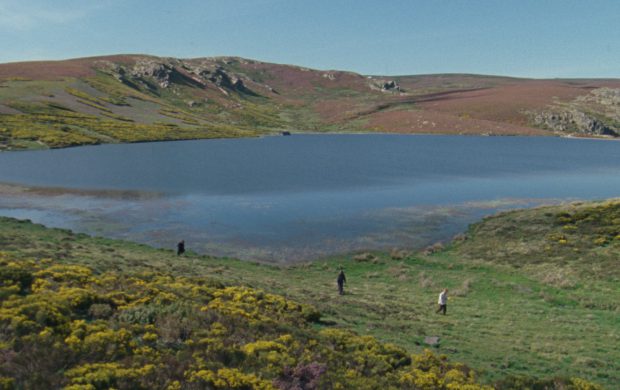
Afterwater
Dane Komljen
-
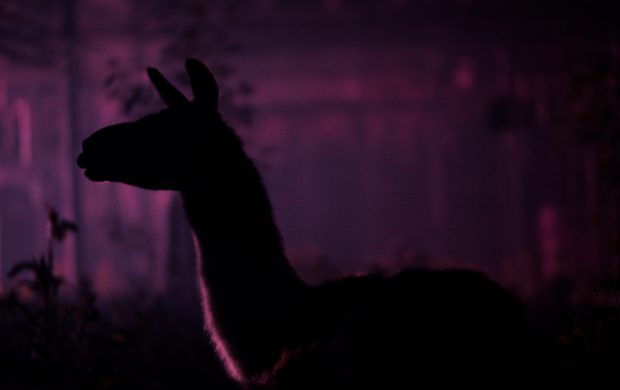
Agrilogistics
Gerard Ortín Castellví
-
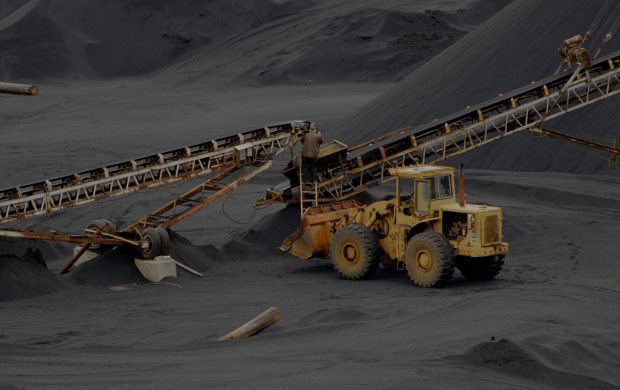
Anyox
Ryan Ermacora
Jessica Johnson
-
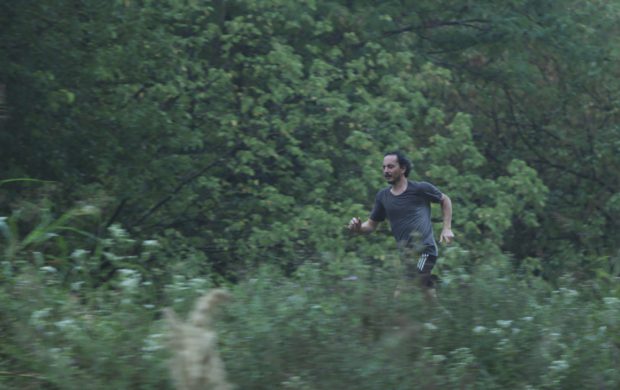
Camuflaje
Jonathan Perel
-
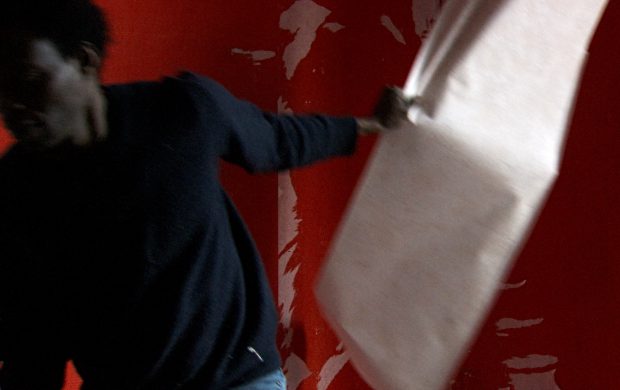
Caught in the Rain
Mieriën Coppens
Elie Maissin
-
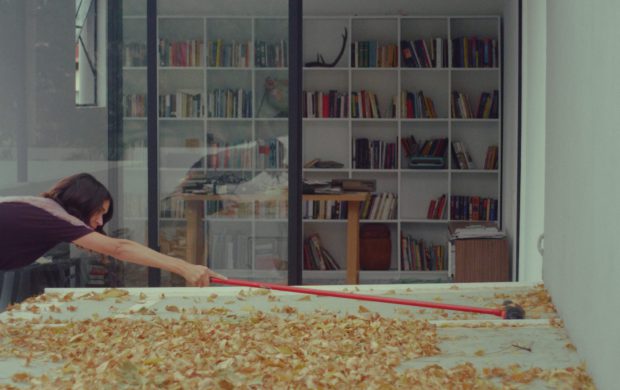
Dear Chantal
Nicolás Pereda
-
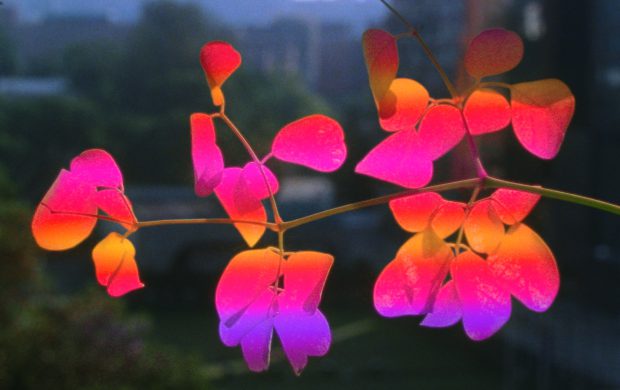
Devil's Peak
Simon Liu
-
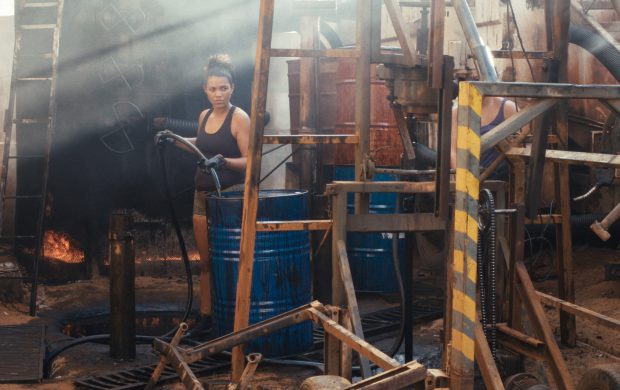
Dry Ground Burning
Adirley Queirós Andrade
Joana Pimenta
-
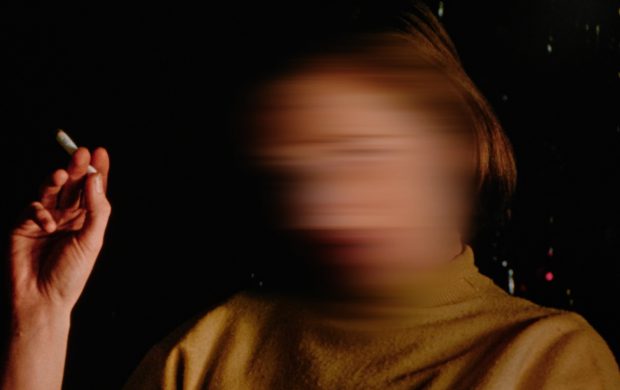
Home When You Return
Carl Elsaesser
-
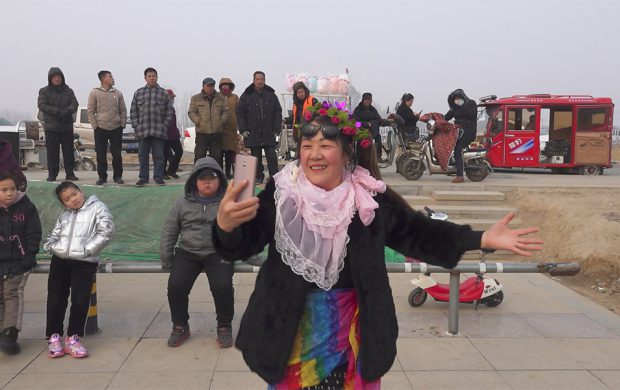
Huahua's Dazzling World and its Myriad Temptations
Daphne Xu
-

Lago Gatún
Kevin Jerome Everson
-
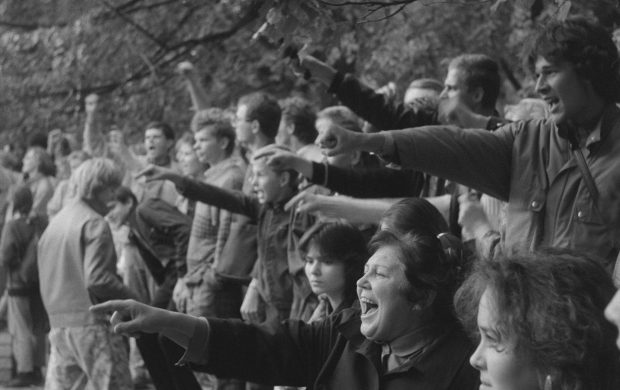
Mr. Landsbergis
Sergueï Loznitsa
-
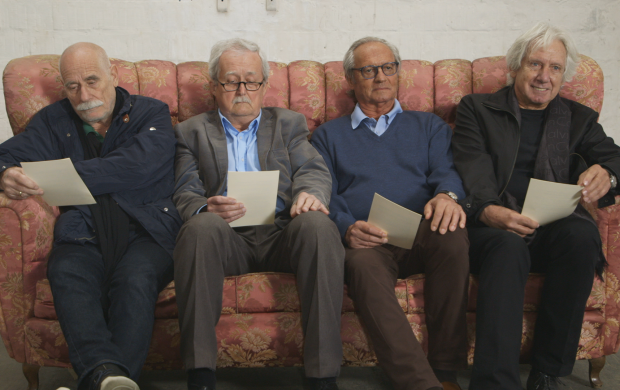
MUTZENBACHER
Ruth Beckermann
-
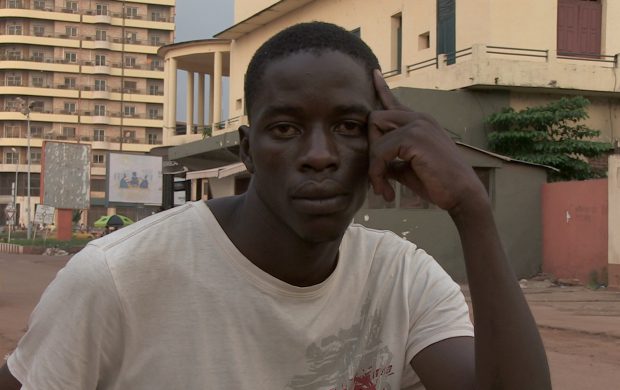
Nous, étudiants !
Rafiki Fariala
-
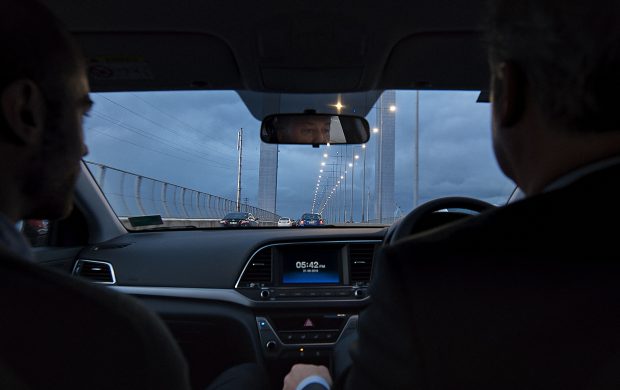
The Plains
David Easteal
-
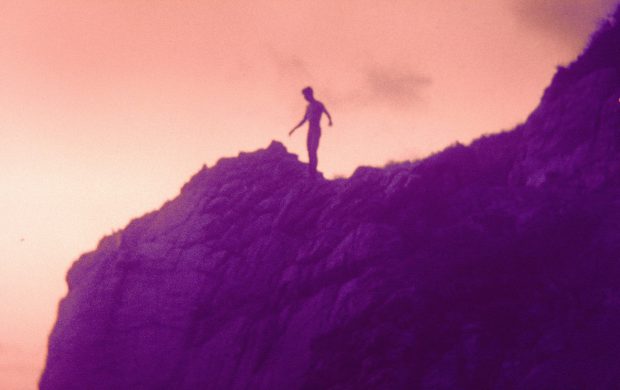
Polycephaly in D
Michael Robinson
-
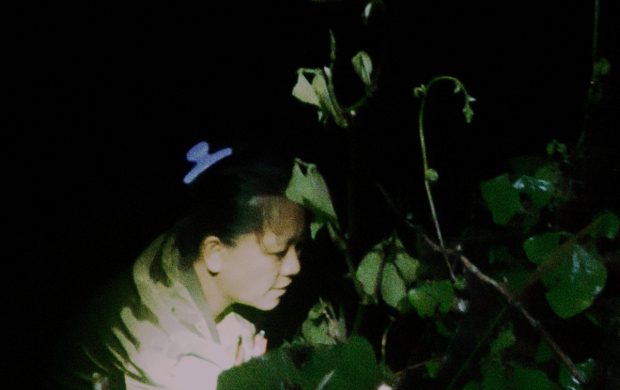
The Raw and the Cooked
-
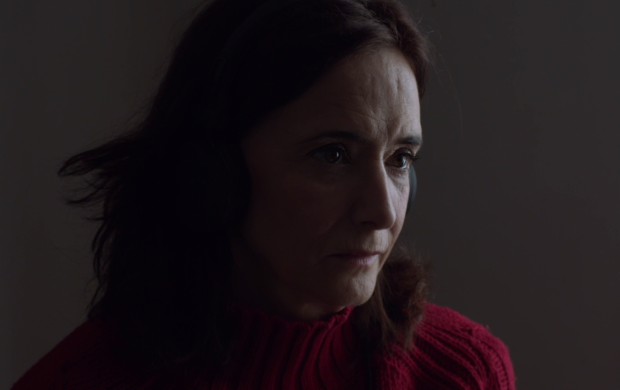
Third Notebook
Lur Olaizola Lizarralde
-

The United States of America
James Benning
-
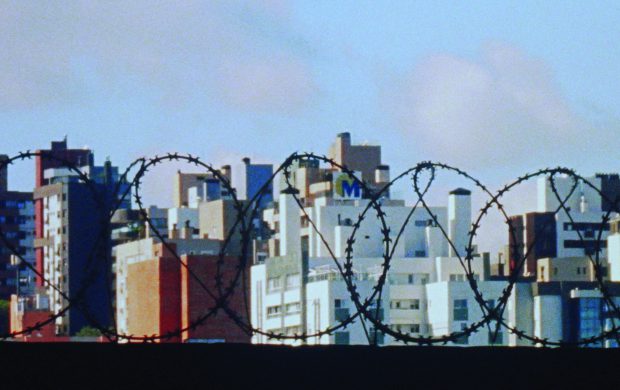
Urban Solutions
Arne Hector
Vinicius Lopes
Luciana Mazeto
Minze Tummescheit
-
-
-
Competition / French Selection
20+ short and feature films (world premier)
-
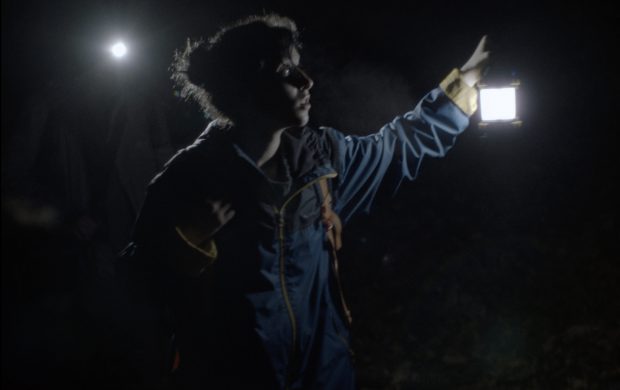
7h15 - Merle noir
Judith Auffray
-
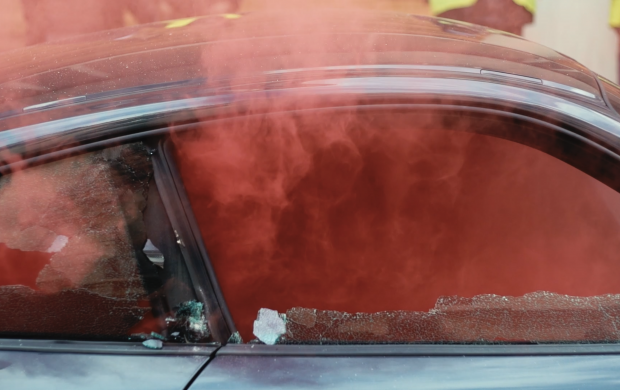
Boum Boum
Laurie Lassalle
-

Ceux de la nuit
Sarah Leonor
-

Crossing Voices
Raphaël Grisey
Bouba Touré
-

Didier's Letters
Noëlle Pujol
-
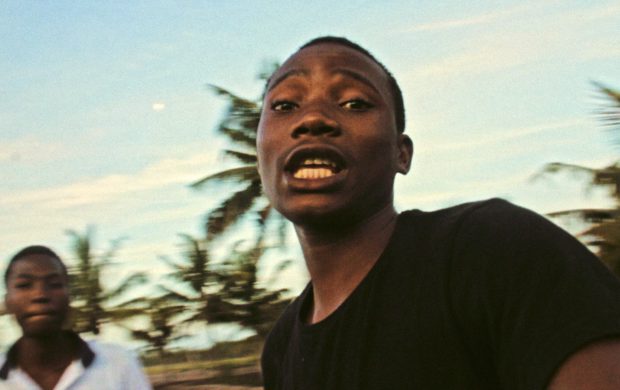
Domy+Ailucha: Ket Stuff!
Ico Costa
-
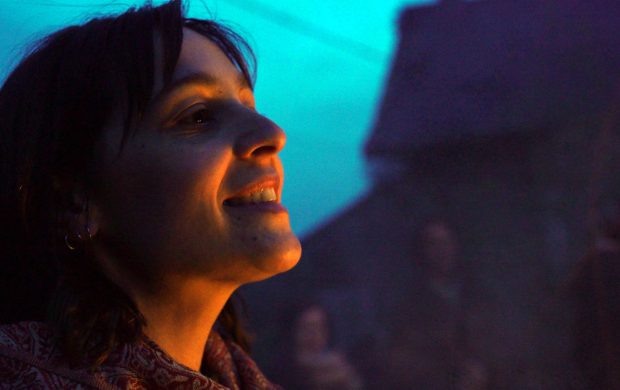
Drop It
Audrey Ginestet
-

Everything Near Becomes Distant
Yunyi Zhu
-
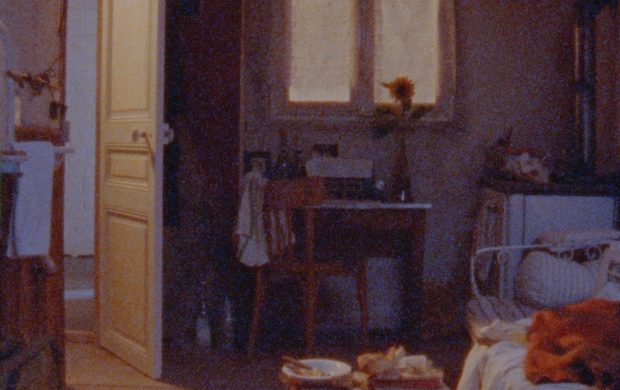
Hors-titre
Wiame Haddad
-

Intermède
Maria Kourkouta
-
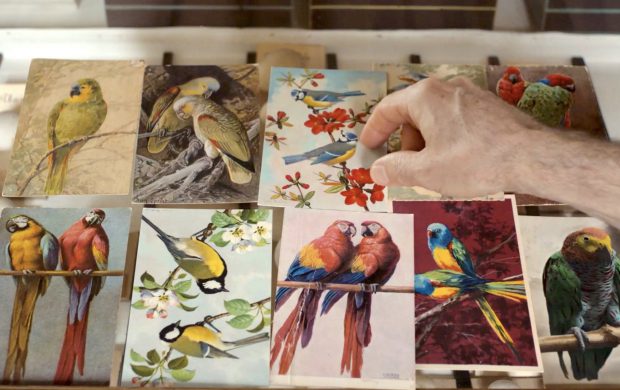
Language of Birds
Erik Bullot
-
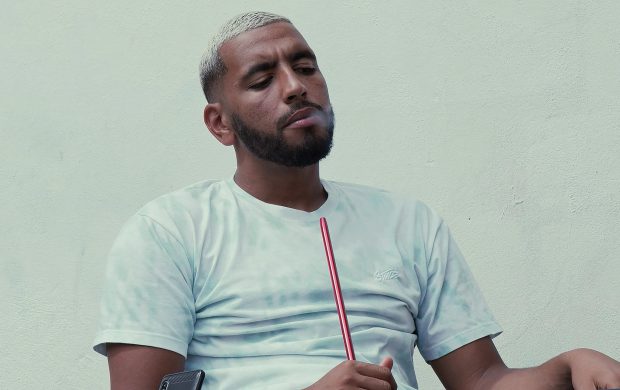
Le Croissant de feu
Rayane Mcirdi
-

The Light of the Dreams
Marie-Pierre Brêtas
-

Mafioso, au cœur des ténèbres
Mosco Boucault
-

Mangrove School
Sónia Vaz Borges
Filipa César
-

Nachtlied
Baptiste Pinteaux
-

Navigators
Noah Teichner
-
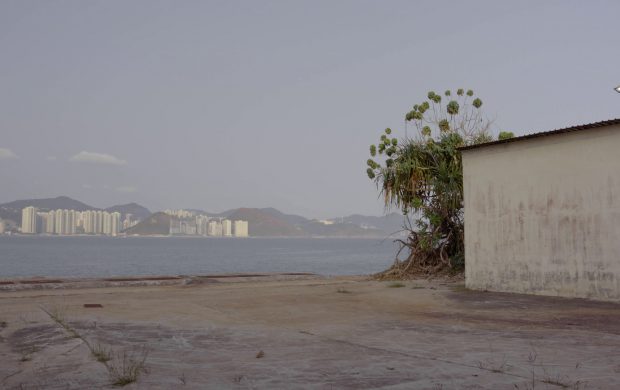
Off Power
Théodora Barat
-

The Song of the Forgotten
Luc Decaster
-
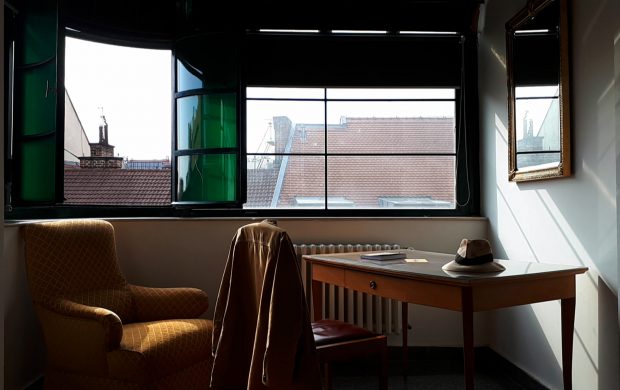
The Tomb of Kafka
-
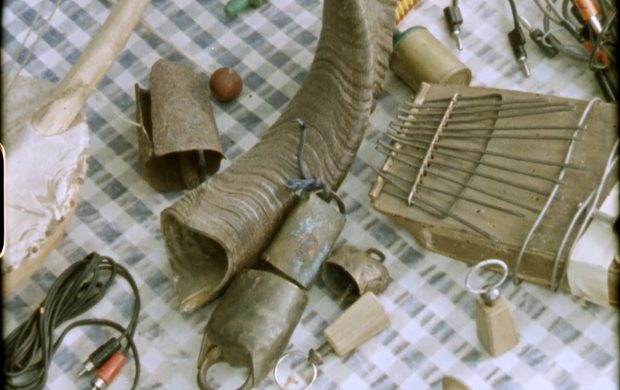
When There Is No More Music To Write, and Other Roman Stories
Éric Baudelaire
-
-
-
First Window
A selection of filmmakers’ documentary debuts, in partnership with Mediapart. Six students are invited to take part in the selection process.
-
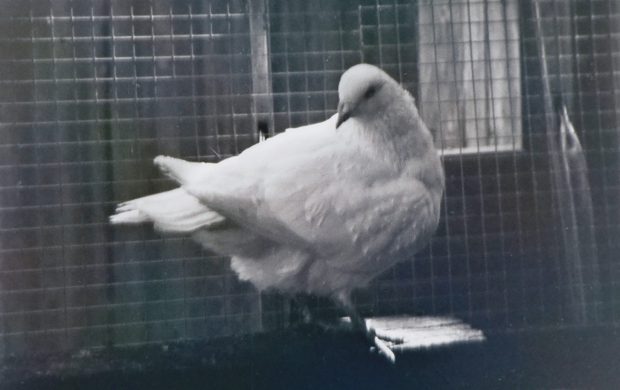
Adieu Athènes
Violette Bellet
-
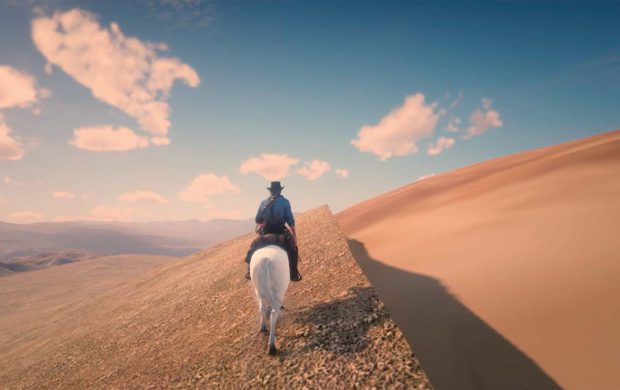
Au-delà du désert flou, plus aucune sauvegarde n’est possible
Elisa Sanchez
-
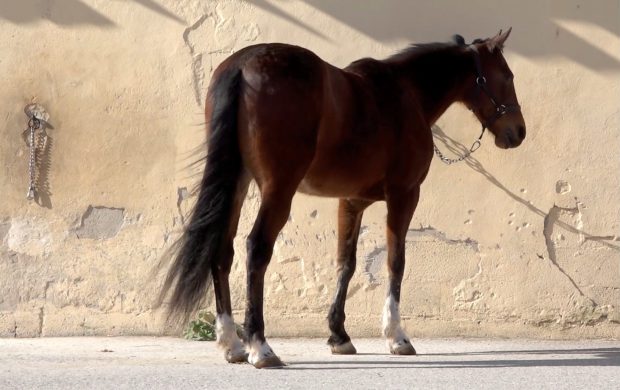
¡ Baila Maria !
Emma Tholot
-
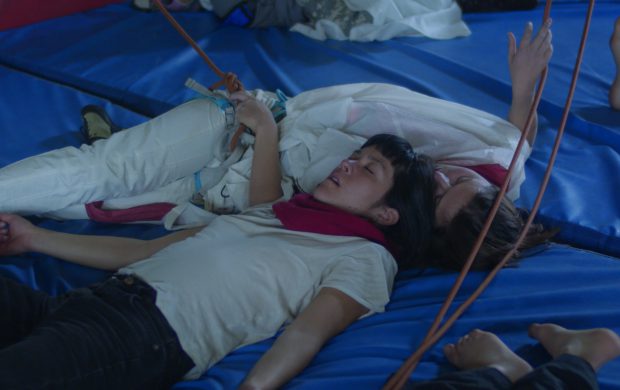
Brumaire 231
Baptiste Verrey
-
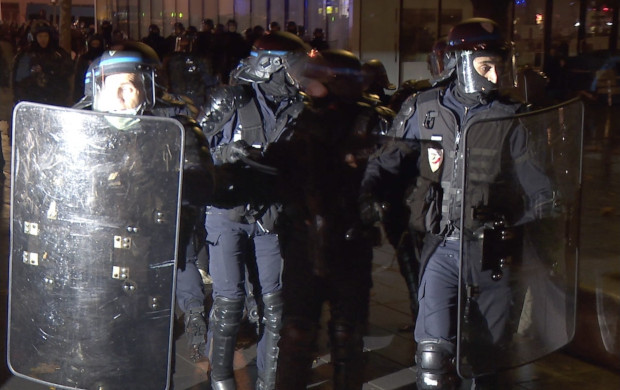
Early Winter
Louis Barthélémy Rousseau
-
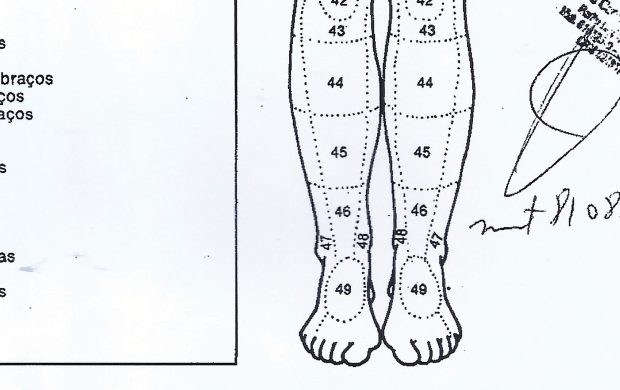
Et il n’a plus rien dit
Julia Menna Barreto
-
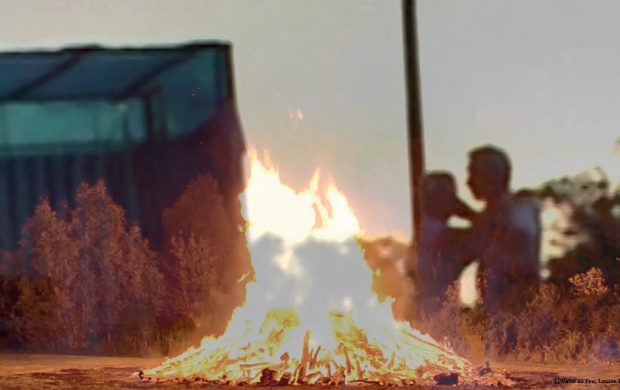
Fire Waltz
Louise Talarico
-
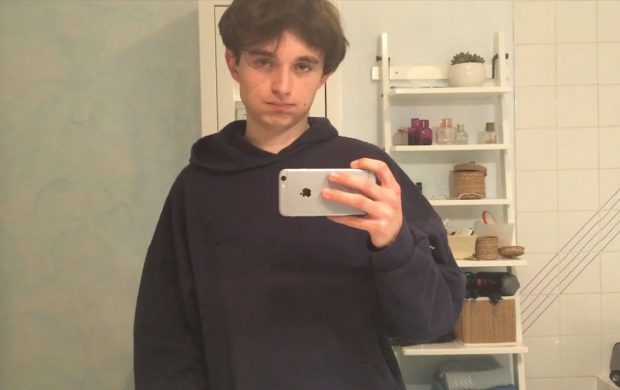
Je n'ai pas le temps
Baptiste Chapeau
-

La Night au Frioul
Collective
-
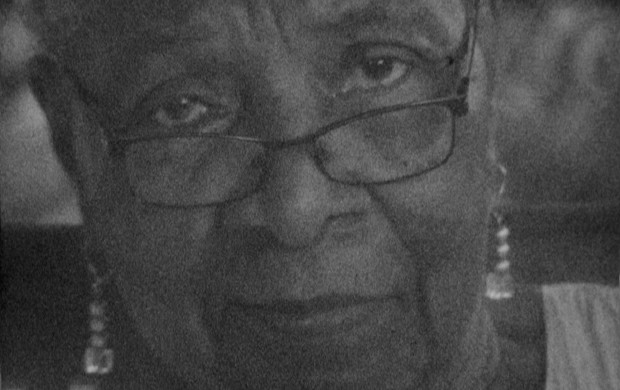
Le roi n'est pas mon cousin
Annabelle Aventurin
-
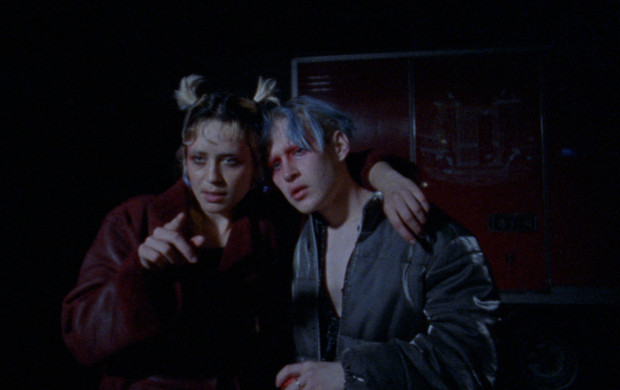
La route des jeunes
Saro Vallejo
Juan Manuel Vegas
Justine Knuchel
-
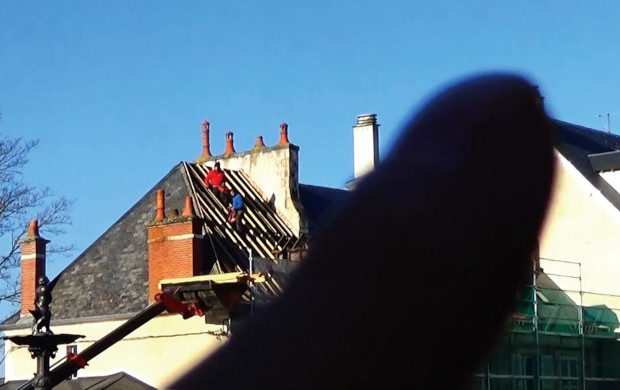
Le Sifflement
Zhang Zhou
-
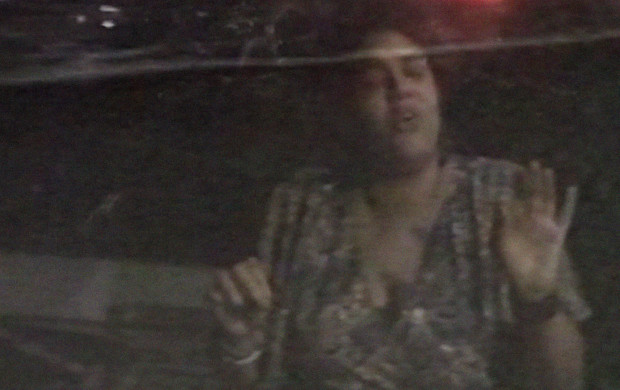
To Wander So Many Miles In Vain
Sacha Rey
-
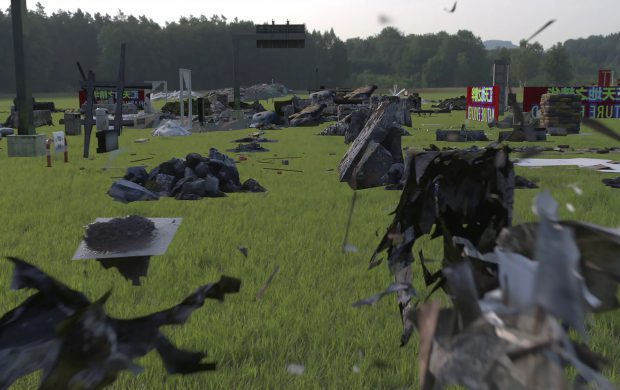
Very, Very, Tremendously
Guangli Liu
-
-
-
Documentary Africa / Ten tutelary figures
Ten filmmakers whose radical and revolutionary work once opened new paths of political activism and cinematic invention.
-
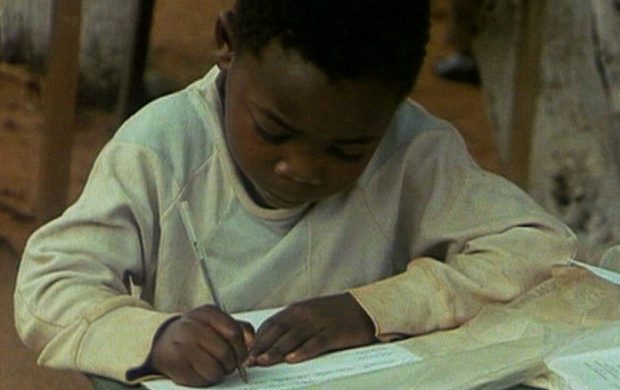
Afrique, je te plumerai
Jean-Marie Teno
-
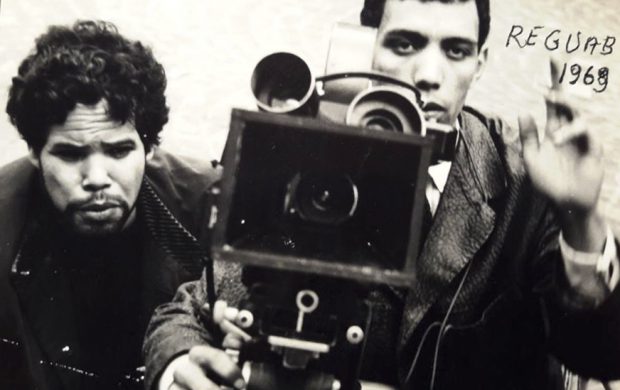
Before the Dying of the Light
Ali Essafi
-
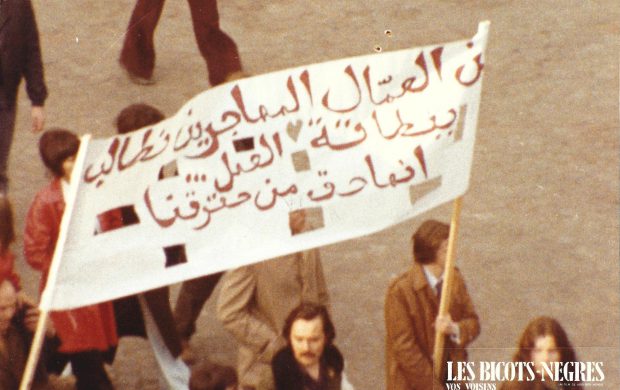
Les Bicots nègres, vos voisins
Med Hondo
-
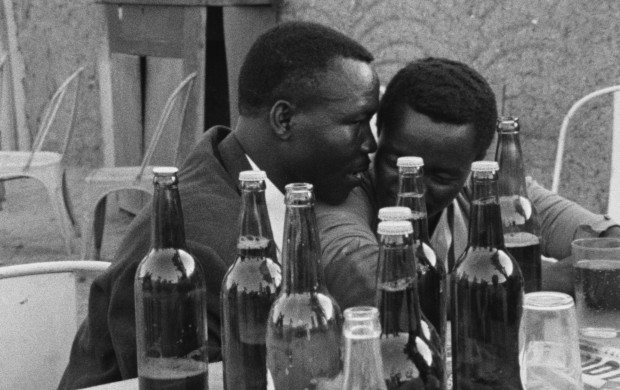
Cabascabo
Oumarou Ganda
-
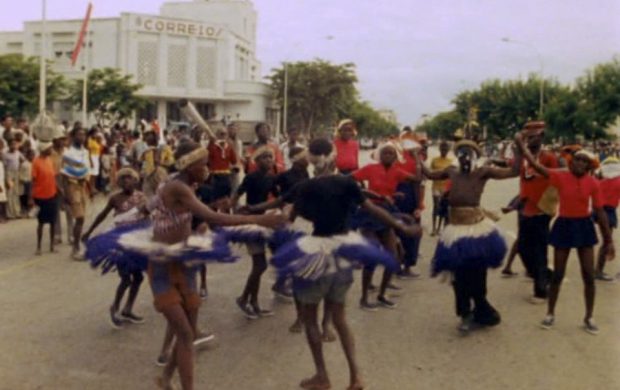
Carnaval da Vitória
António Ole
-
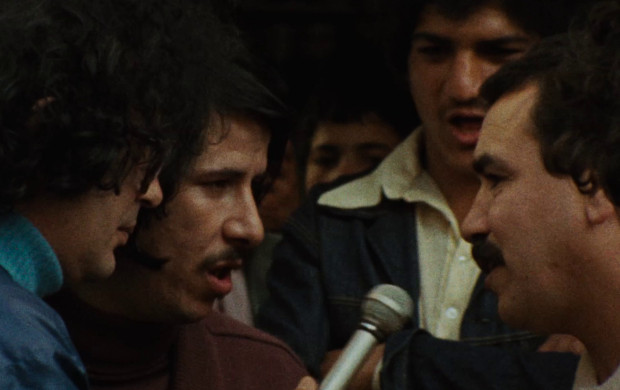
De quelques événements sans signification
Mostafa Derkaoui
-
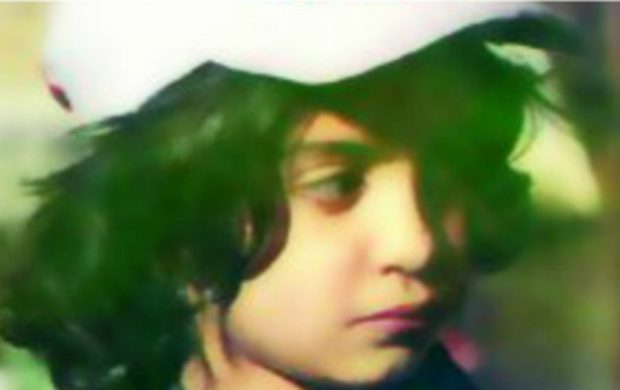
Les Enfants du vent
Brahim Tsaki
-
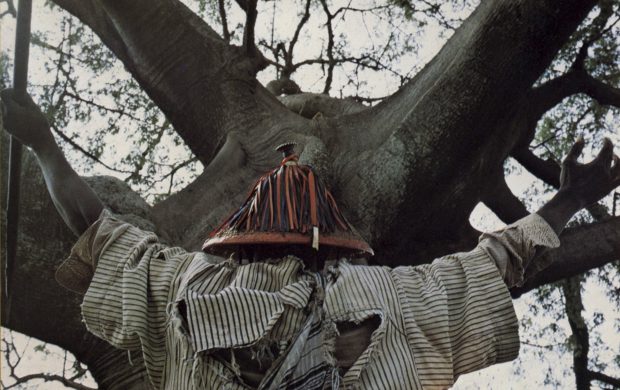
Fad,Jal
Safi Faye
-
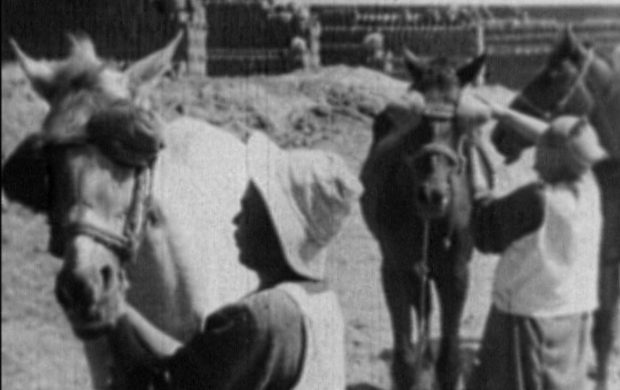
Four shorts by Atteyat Al Abnoudy
Atteyat Al-Abnoudy
-
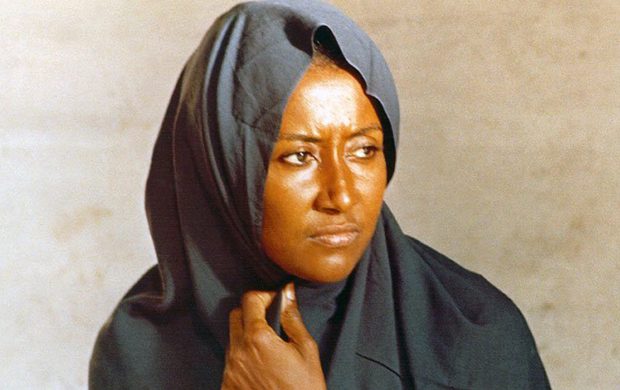
Sambizanga
Sarah Maldoror
-
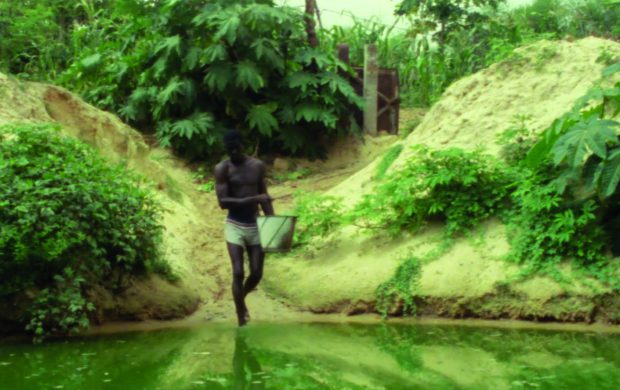
Le Trésor des poubelles
-
-
-
Documentary Africa / The african documentary seen from here
A selection of twelve films from a new generation of filmmakers from all over the African continent.
-
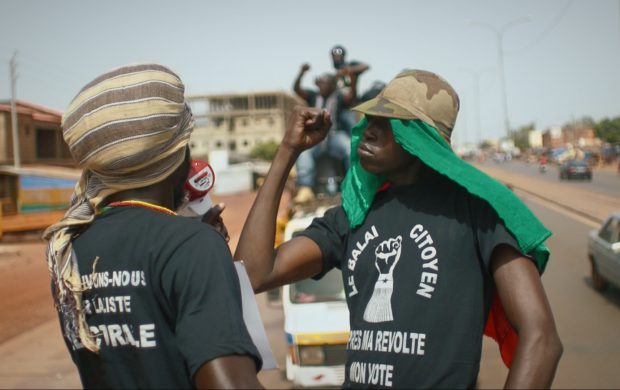
Après ta révolte, ton vote
Kiswendsida Parfait Kaboré
-
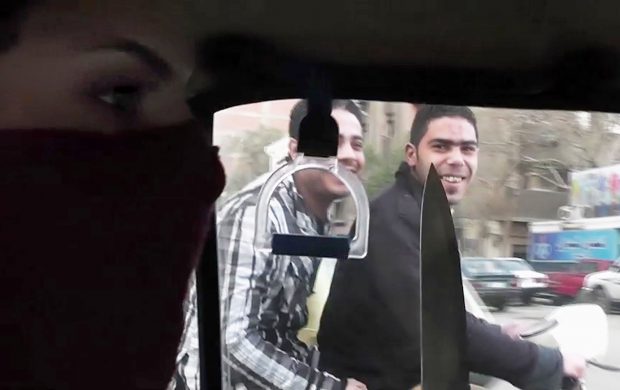
As I Want
Samaher Alqadi
-
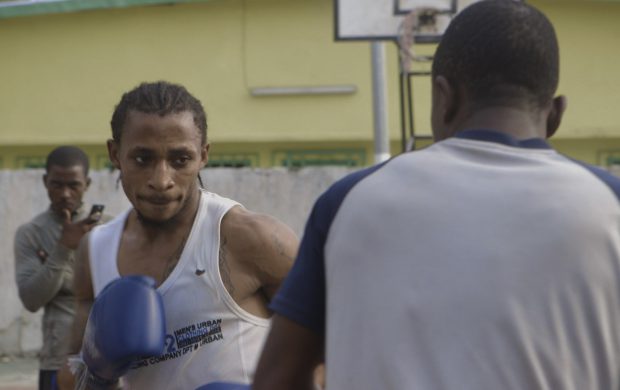
Boxing Libreville
Amédée Pacôme Nkoulou
-
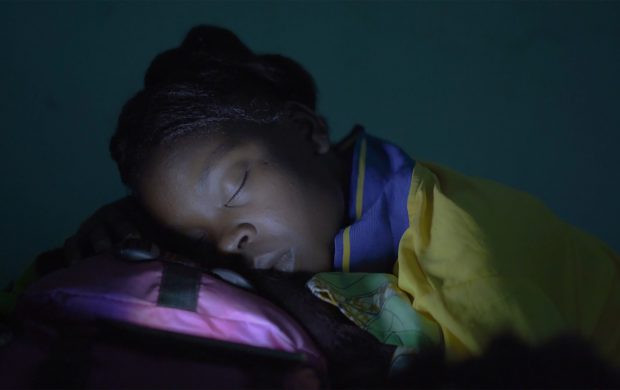
Le Dernier Refuge
Ousmane Samassekou
-
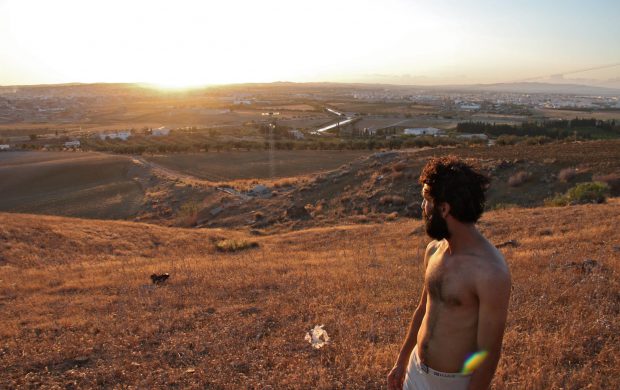
Le Disqualifié
Hamza Ouni
-
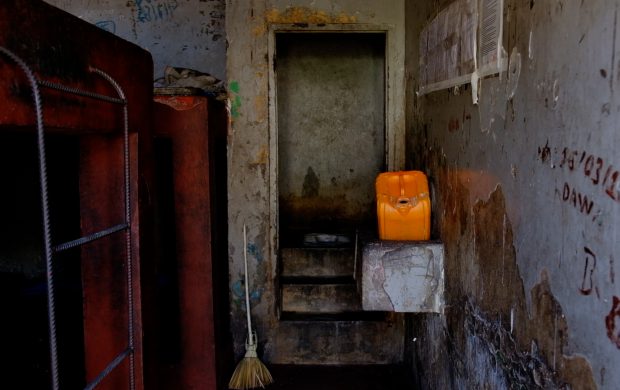
Faritra
Luck Razanajaona
Tovo Rasoanaivo
-

Garderie nocturne
Moumouni Sanou
-
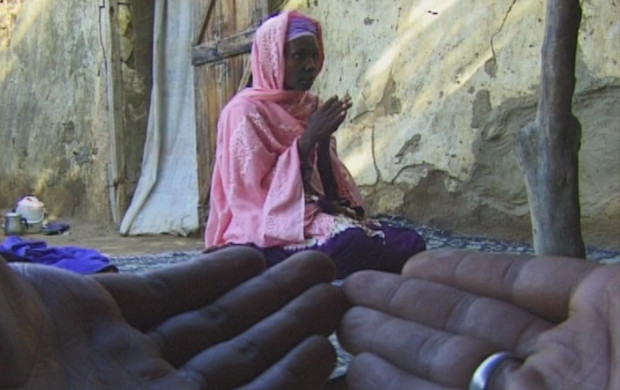
Les Larmes de l’émigration
Alassane Diago
-
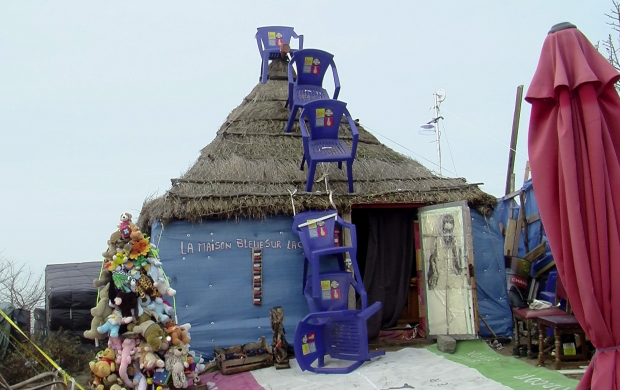
La Maison bleue
Hamedine Kane
-
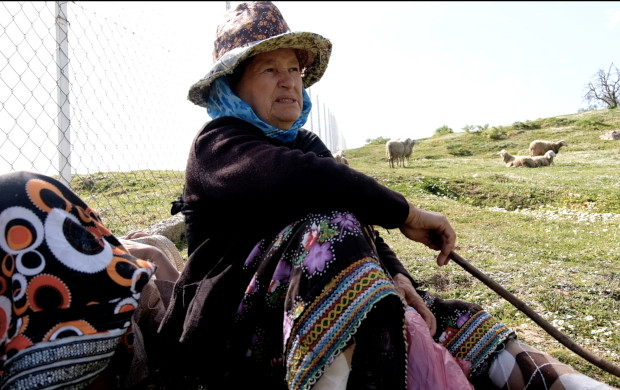
Nnuba
Sonia At Qasi-Kessi
-
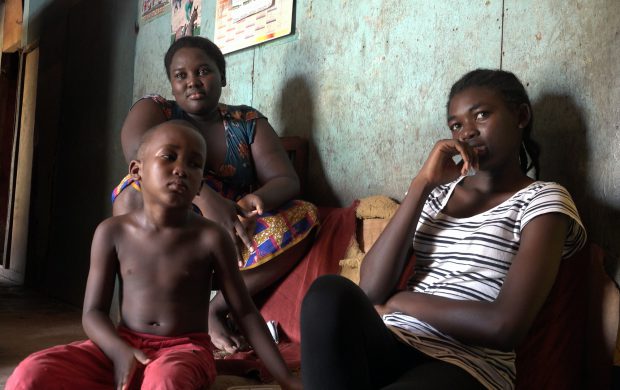
Rencontrer mon père
Alassane Diago
-
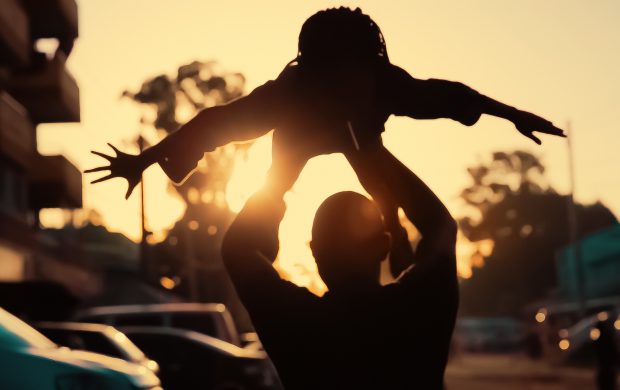
Softie
Sam Soko
-
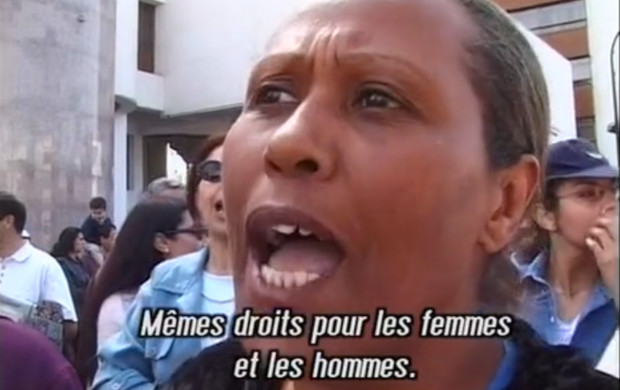
Tribute to Dalila Ennadre : El Batalett - Femmes de la Médina
Dalila Ennadre
-
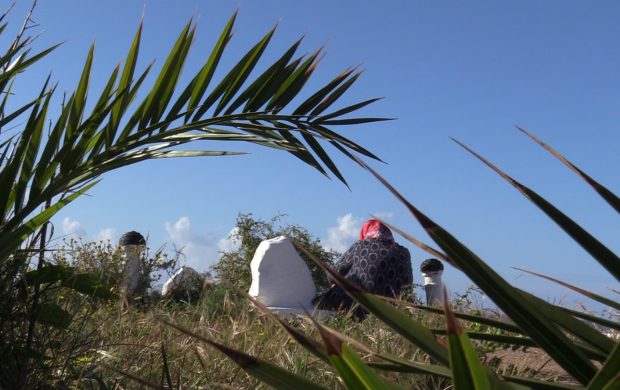
Tribute to Dalila Ennadre : Jean Genêt, Notre-Père-des-Fleurs
Dalila Ennadre
-
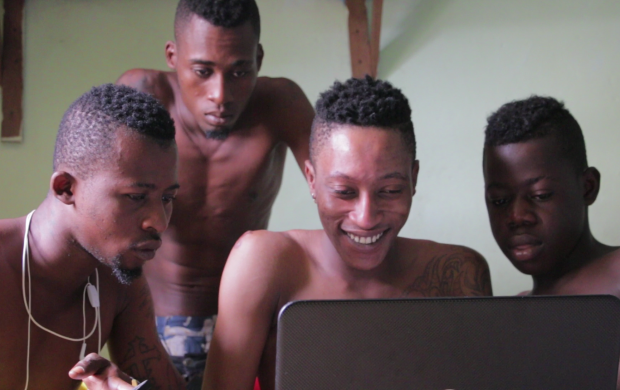
Vivre riche
Joël Akafou
-
-
-
Documentary Africa / Carte blanche to African programmers
Six African programmers and personalities invited to share their views on this new wave of African cinema.
Claire Diao – A Franco-Burkinabé journalist and film critic, who initiated the Quartiers Lointains program, the magazine Awotélé and the company Sudu Connexion, which distributes African and diaspora films.
Jihan El-Tahri – Writer, director and film producer of French and Egyptian nationality. She started directing and producing documentaries for the BBC, PBS, Arte… She is currently the director of Dox Box, a non-profit association that aims to strengthen and foster the emergence of a community of documentary filmmakers in the Arab world. At the same time, she continues her activities as a mentor at the Documentary Campus in Berlin and at the Ouaga Film Lab in Burkina Faso.
Pedro Pimenta – He began his career at the National Film Institute of Mozambique in 1977. Since then, he has produced numerous short films, documentaries, and feature films in Mozambique, Angola, Zimbabwe, Ethiopia and South Africa. He founded and directed the DOCKANEMA Festival in Mozambique, and was the director of the Durban International Film Festival.
Mohamed Saïd Ouma – Filmmaker, former director of festivals in Reunion and Comoros, trainer and lecturer on Indian Ocean cinema, representative of Comoros, Madagascar, Mauritius and Seychelles in the Pan-African Federation of Filmmakers (FEPACI). He has just been appointed head of DOC-A (Documentary Africa Fund), a pan-African initiative to strengthen the documentary film network in Africa through workshops and funds for production and distribution.
Ikbal Zalila – He is a film critic and teaches film aesthetics, film analysis and documentary film at the University of Manouda (Tunis). He is the artistic director of the Gabès Cinema Fen in Tunisia.
Mandisa Zitha – She has been the director of Encounters Festival, an international documentary festival in South Africa, since 2007. She has also worked in documentary production. -
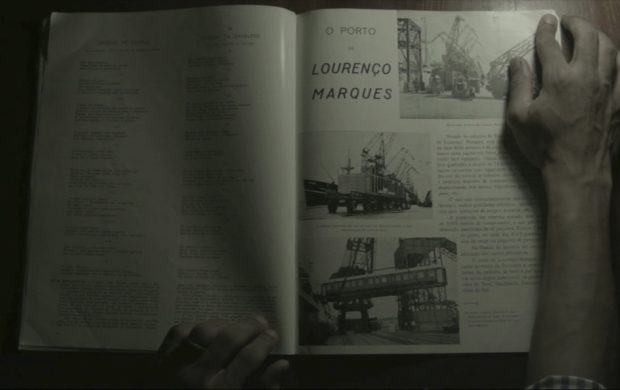
A Memory in Three Acts
Inadelso Cossa
-
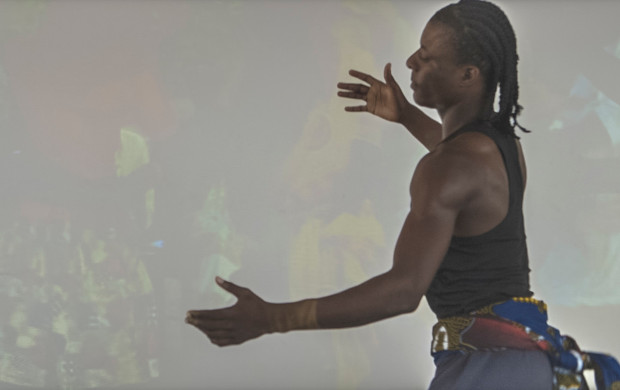
Beyond My Steps
Kamy Lara
Paula Agostinho
-
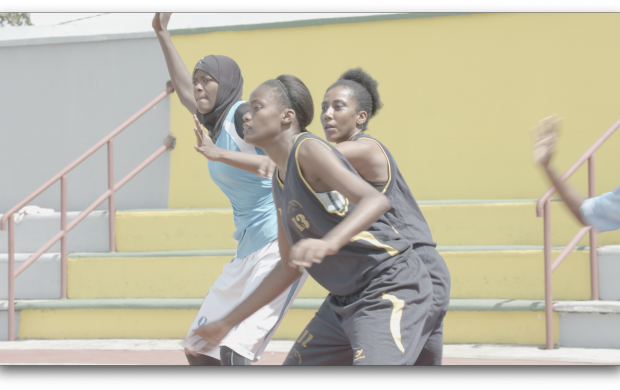
Carton rouge
Mohamed Saïd Ouma
-
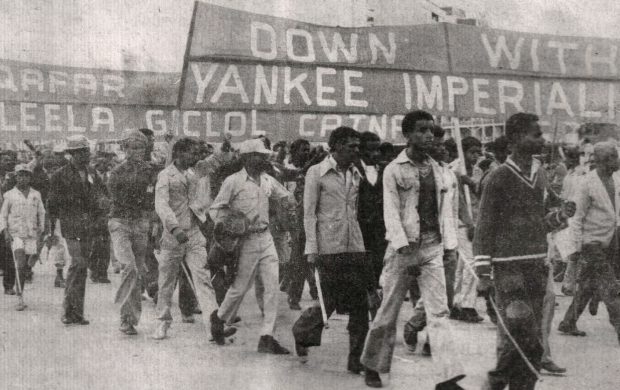
Finding Sally
Tamara Dawit
-
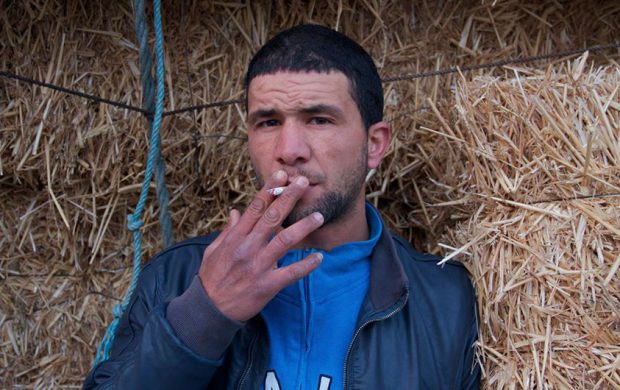
El Gort
Hamza Ouni
-
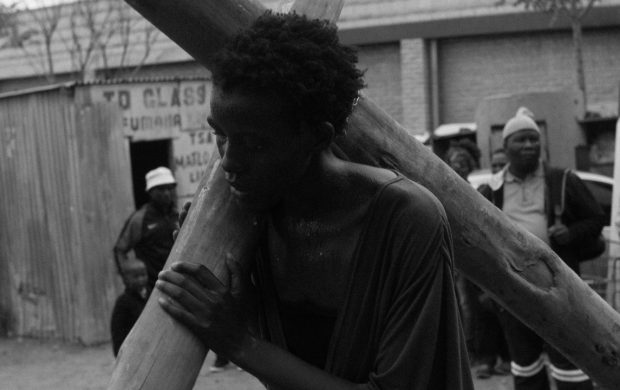
Mother, I Am Suffocating. This Is My Last Film About You
Lemohang Jeremiah Mosese
-
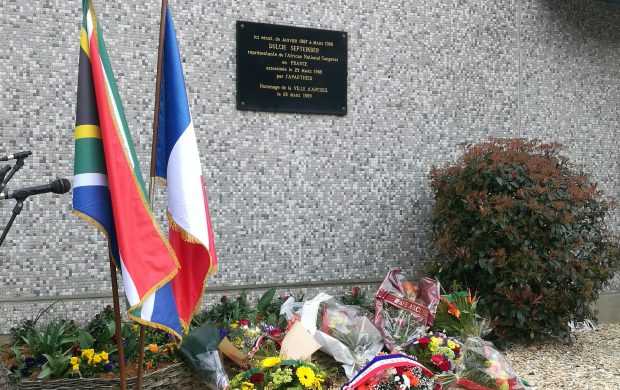
Murder in Paris
Enver Samuel
-
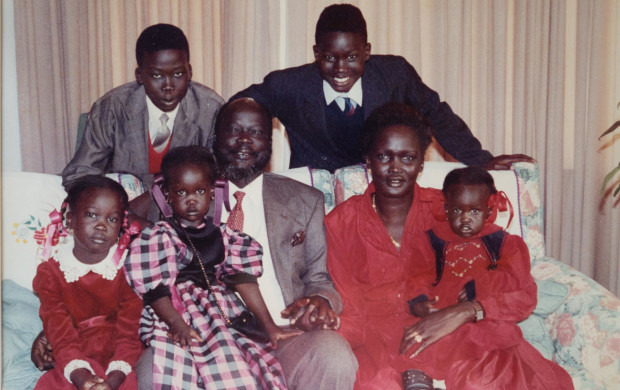
No simple way home
Akuol de Mabior
-
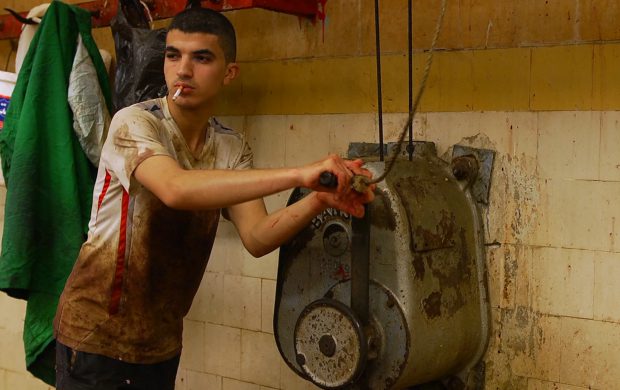
Roundabout In My Head
Hassen Ferhani
-
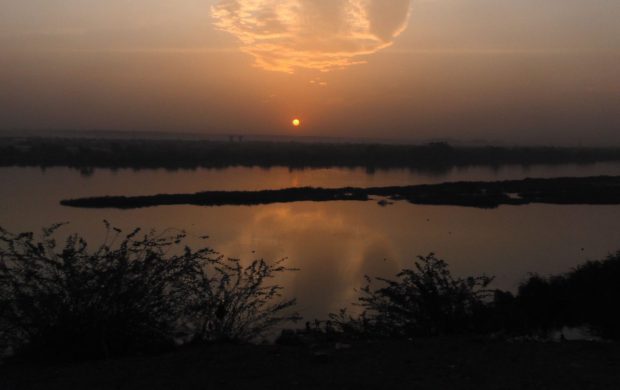
Sur les traces de Mamani Abdoulaye
Amina Abdoulaye Mamani
-
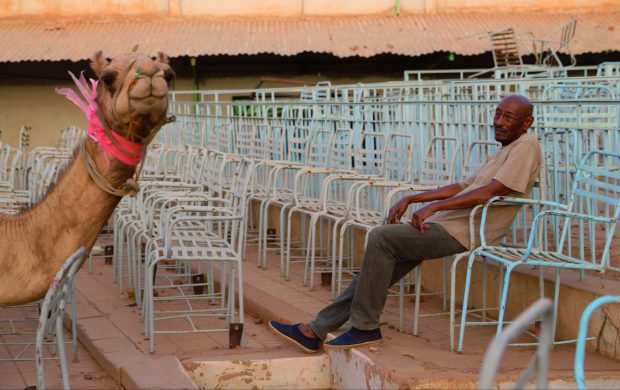
Talking About Trees
-
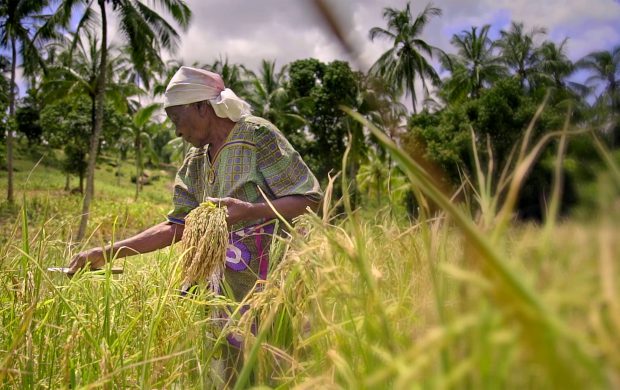
The Letter
Christopher King
Maia Lekow
-
-
-
Documentary Africa / Producing in Africa - Case studies
Curated by Hicham Falah, general delegate of the Agadir FIDADOC and
its “Documentary Beehive”, five case studies from five different geographic regions offer insights into the diverse conditions in which documentary film is created and produced on the African continent. -
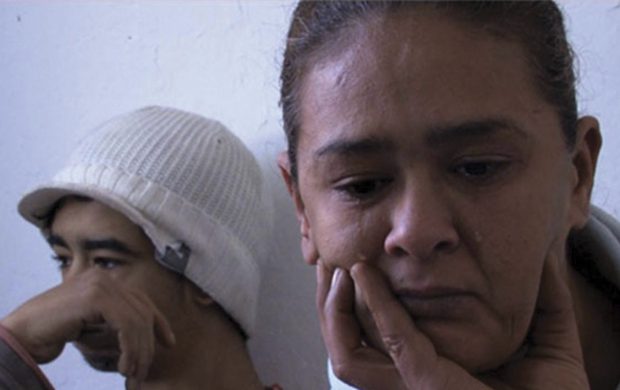
C’était mieux demain
Hinde Boujemaa
-

Case study - Anglophone East Africa and Indian Ocean
-
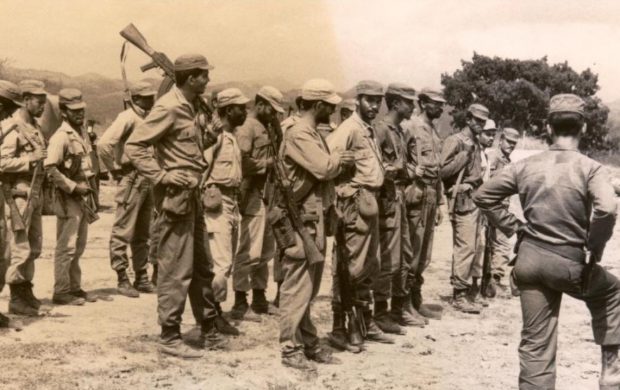
Case study - Lusophone Africa
-

Case Study - Maghreb
-

Case study - West Africa
-
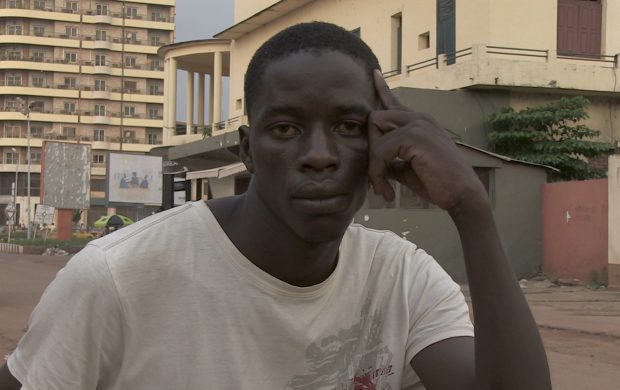
Case Study- Central Africa
-
-
-
Documentary Africa / Round Tables
-
Addoc - Parallel existences: paradox of the cinema of Reality
-
Round table, Living here / Working there
-
-
-
Popular Front(s)
Deprived of the public space, we thought that nothing more could happen to us… no possibility for each to find their place, defend it, lay claim to it. The value of what philosopher Henri Lefebvre dubbed in the 1960s “the right to the city” suddenly became clear to us. Our inner life, our desires and our wants need to be affirmed in the outside world: it’s no coincidence that the main place for venting demands is the street; no coincidence if the powers that be are making the street increasingly inaccessible: its conquest is always the start of a victory of the right to be ourselves and to change ourselves by changing a society and its territory.
The films we have chosen tell the story of citizens reclaiming these places, seizing power over what becomes a space of struggle, but also a place for self-assertion as a group and as an individual. Our programme kicks off with a commemoration of the events in Genoa 20 years ago. The activism of trans people in the feminist revolution, land requisition in Brazil and the occupation of the ZAD (zone to defend) at Notre-Dame-des-Landes, the voices of the Yellow Vests and the setting-up of a town hall with no mayor are all visible eruptions of the possibility for a new world, a new atmosphere. These films tell the story of political commitments that require concrete engagement in a here-and-now and a physical confrontation with the stuff of the world (1) at local level.Catherine Bizern
1. In Barbara Stiegler, Du cap aux grèves, Editions Verdier, 2020.
-
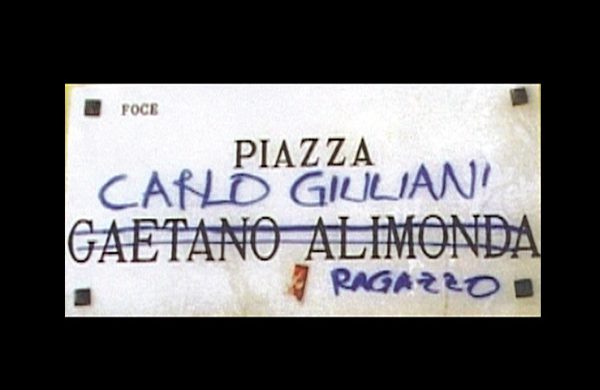
Carlo Giuliani, ragazzo
Francesca Comencini
-
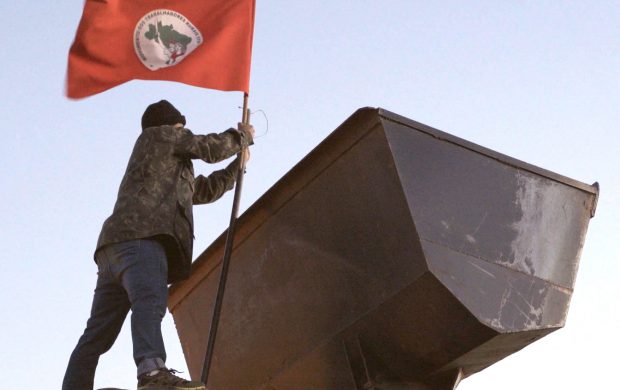
Chão
Camila Freitas
-
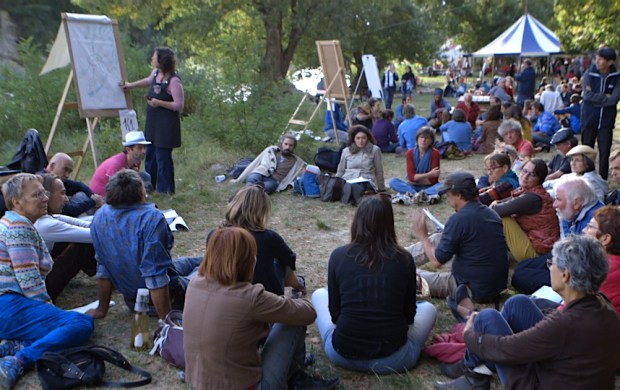
Commune commune
Dorine Brun
Sarah Jacquet
-

Fight local, film local
-
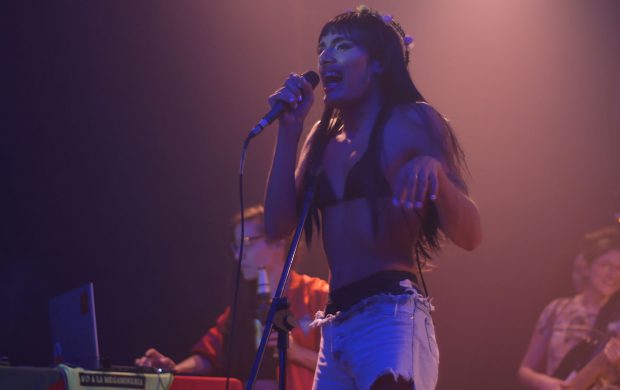
Nos corps sont vos champs de bataille
Isabelle Solas
-
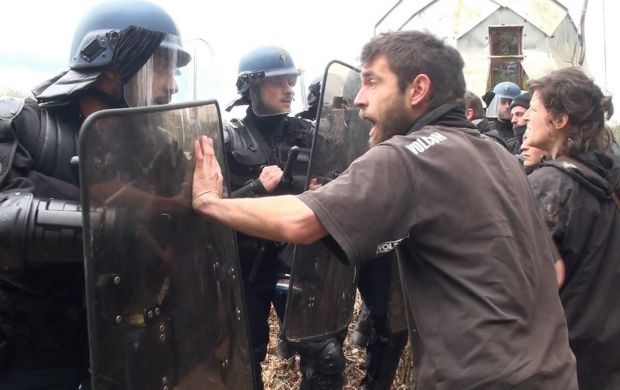
Notre-Dame-des-Landes, la reconquête
Thibault Férié
-
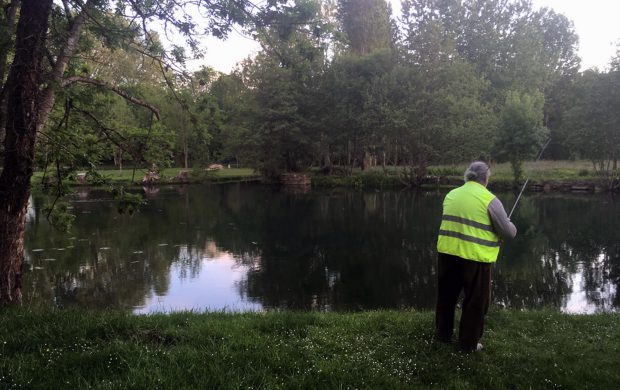
Les Voies jaunes
Sylvestre Meinzer
-
-
-
Festival Conversations
THE GAME OF TRUTHS
The question of truth is core to the history of documentary forms, at least since Dziga Vertov made the “kino-pravda” into a tool for mechanically and authentically observing the world, and before his terminology inspired the project of Edgar Morin and Jean Rouch for a “cinéma-vérité” that espouses human subjectivities up close. The quest is even more pivotal, and in an entirely different register, now that the document – visual more than audio – is called on as “irrefutable evidence” supporting a media and legal rhetoric.
Architects, authors, filmmakers, theatre directors and researchers are invited to this third edition of Festival Conversations to question the value of truth that is ascribed to the documentary. Their approaches based on surveys, archive material and testimonies, all develop complex thinking on truth – not as knowledge and expertise but as a shared and open horizon, welcoming uncertainties, grey areas, and sometimes also silence. This documentary art facing the battle of truths will be queried on its relationship to evidence and testimony in a first round table on the role of the document in the legal, historical or political rhetoric on truth. A second round table will focus on the detours of the documentary via stories, re-enactments or fictions that open up myriad bypaths towards as many singular truths.Alice Leroy
-
PLAY, REPLAY, OUTPLAY. TRUTH AT WORK
-
WHAT ARE WE SEEING? AN ARCHITECTURE OF PROOF
-
-
-
Special Screenings
Previews, rare and unreleased films…
-
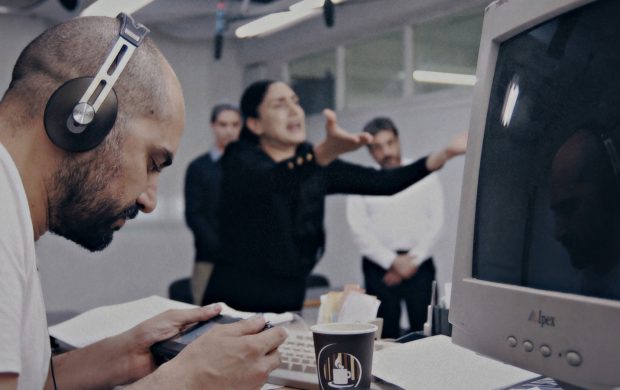
Cahiers noirs - Viviane / Ronit
Shlomi Elkabetz
-
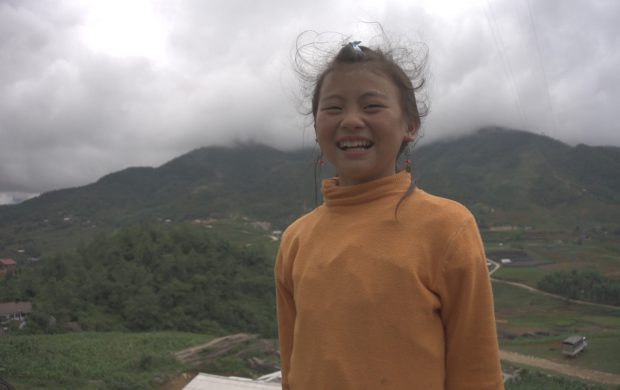
Children of the Mist
Ha Le Diem
-
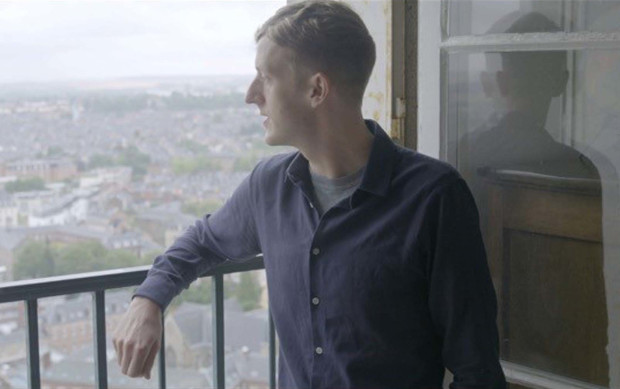
Edouard Louis, ou la Transformation
François Caillat
-
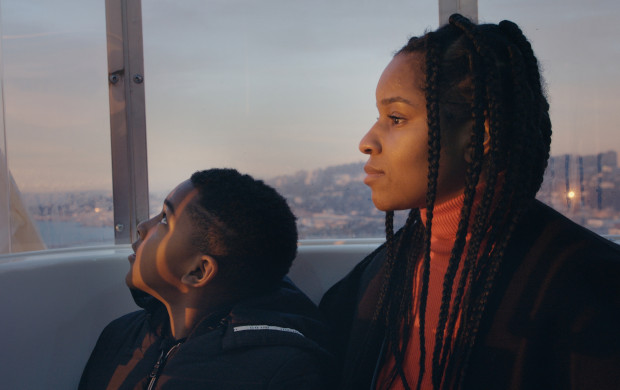
EN NOUS
Régis Sauder
-

En nous - audiodescription
Régis Sauder
-
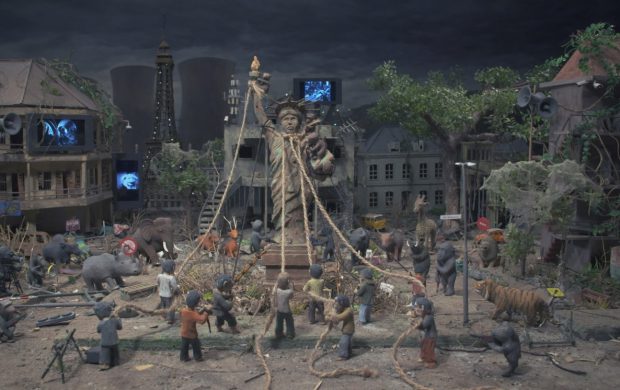
Everything Will Be OK
Rithy Panh
-
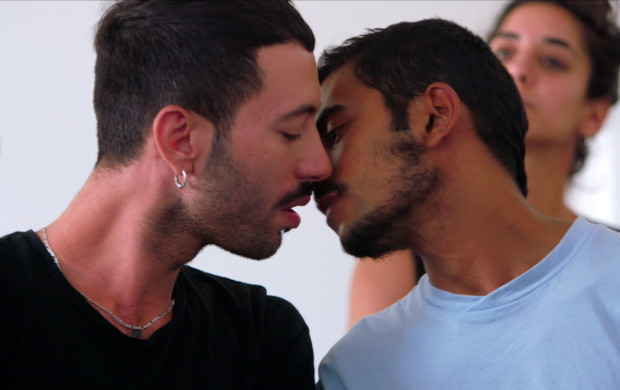
Explaining the Law to Kwame
Roee Rosen
-

Les Femmes de Franz Kafka
Ruth Zylberman
-
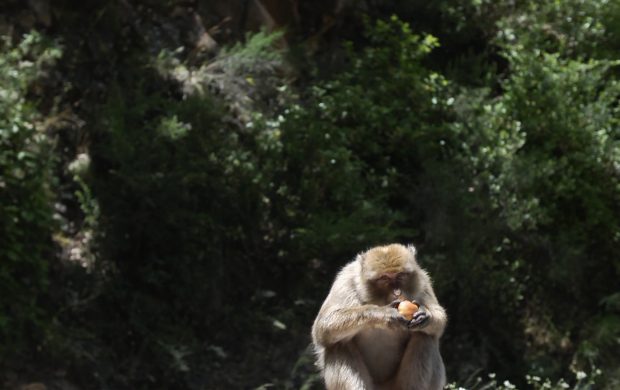
Holy Days
Narimane Mari
-
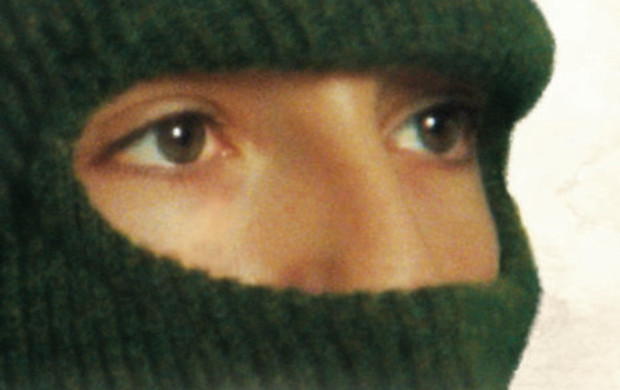
L’Hypothèse démocratique - Une histoire basque
Thomas Lacoste
-
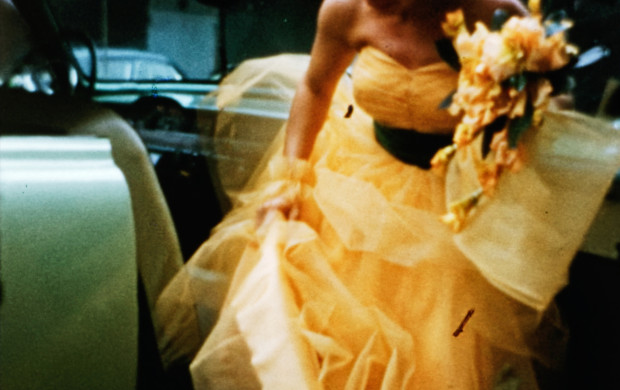
Journal d’Amérique
Arnaud des Pallières
-

Malintzin 17
Mara Polgovsky, Eugenio Polgovsky
-
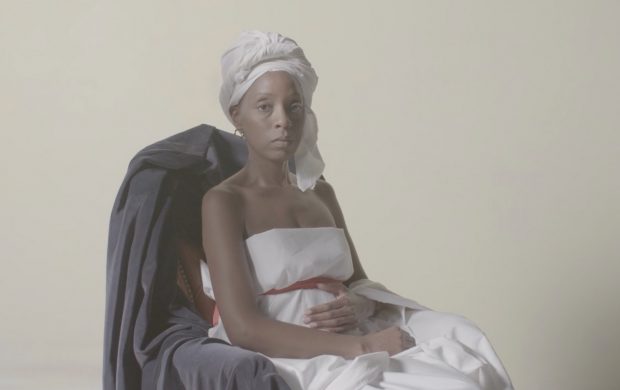
Prisme
Rosine Mbakam
An van Dienderen
Eléonore Yaméogo
-
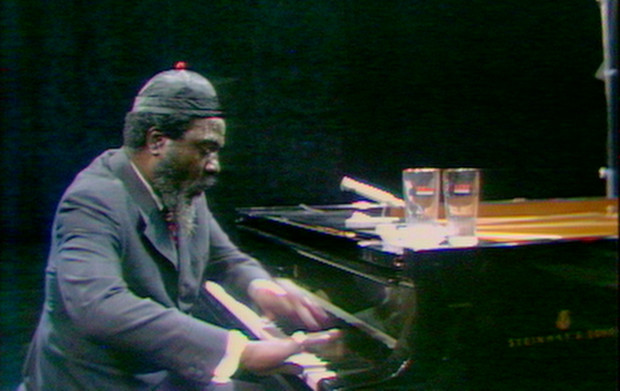
Rewind and Play
Alain Gomis
-
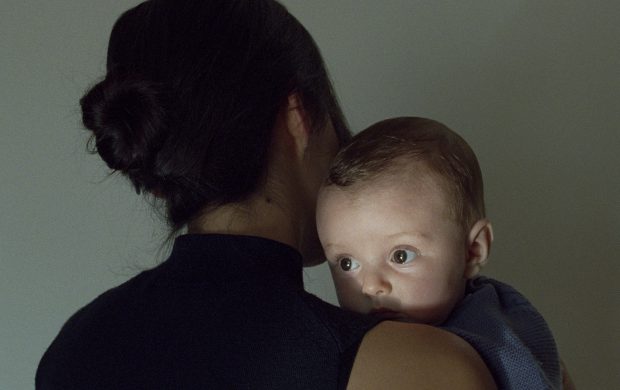
Lumbre
Santiago Mohar Volkow
-

Creating the navire Argo in the former Éclair laboratories
-

Who’s stopping us
Jonás Trueba
-
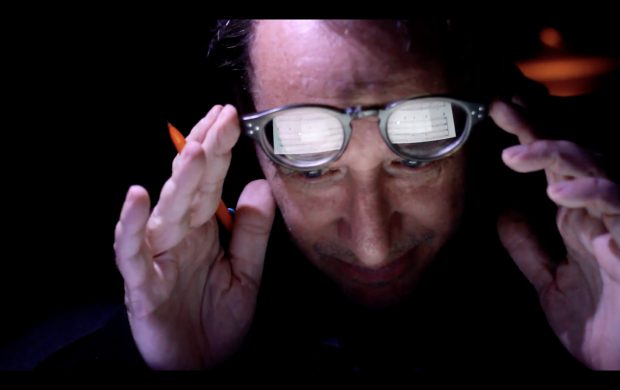
Zorn I (2010 - 2016)
Mathieu Amalric
-
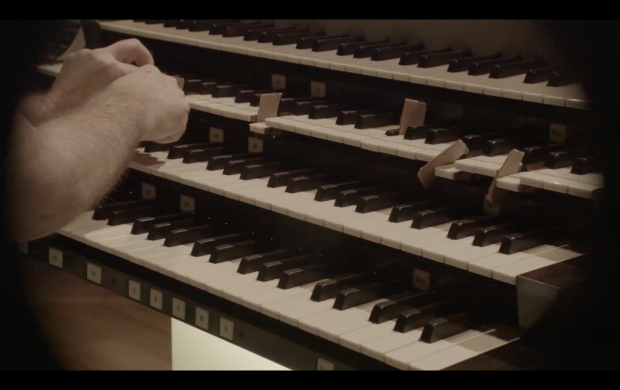
Zorn II (2016 - 2018)
Mathieu Amalric
-
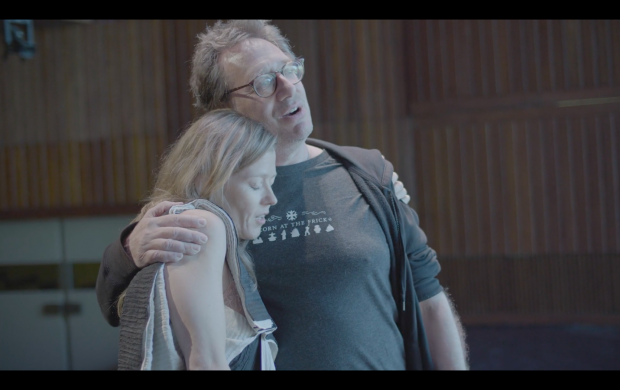
Zorn III (2018 - 2022)
Mathieu Amalric
-